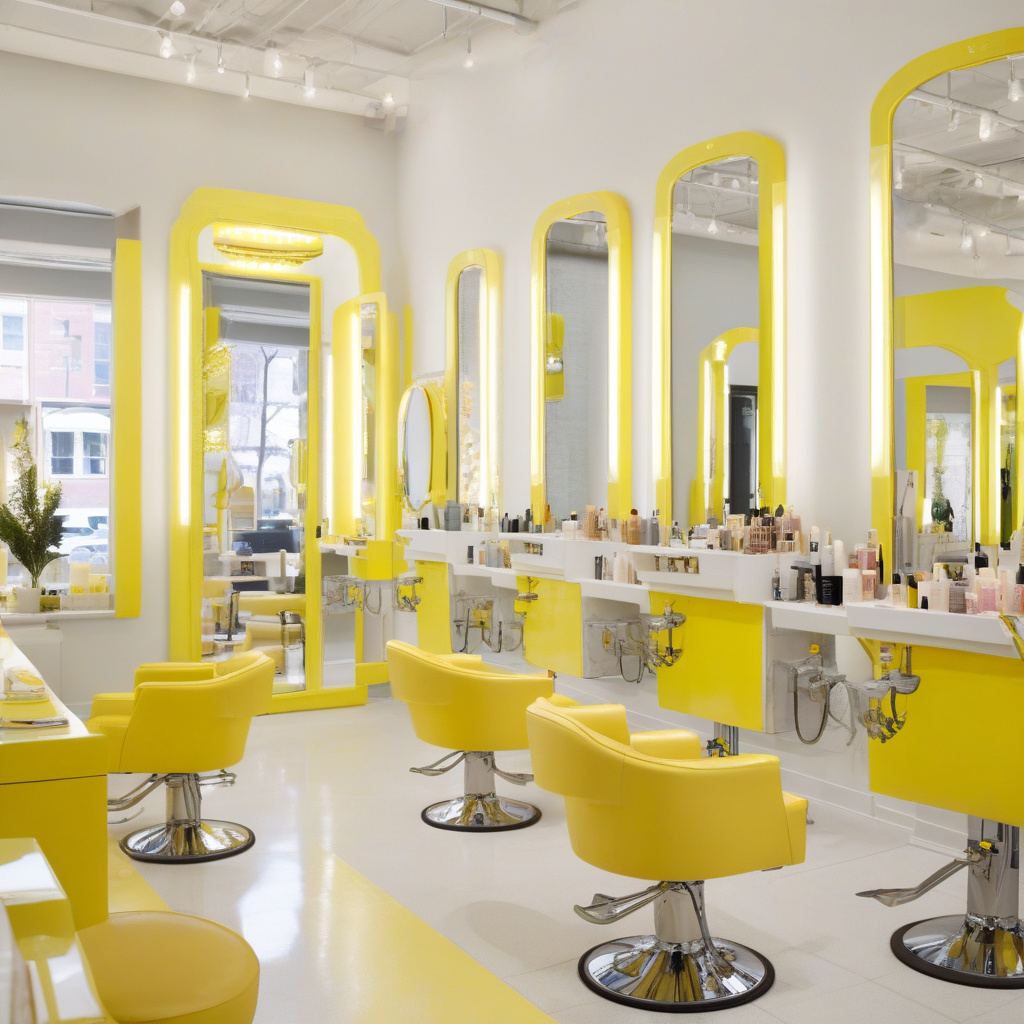Drybar Owner Helen of Troy Beauty Sales Dented by Tariffs
The impact of tariffs on the beauty industry has been felt far and wide, with even major players like Helen of Troy, the owner of Drybar, experiencing a significant dent in their sales. The American beauty group recently announced that organic beauty sales had declined by a staggering 18 percent. This decline has been attributed to a combination of factors, including decreased consumer demand and lower orders from China, all thanks to the tariffs imposed on beauty products.
The beauty industry has always been highly competitive, with trends constantly evolving and consumer preferences shifting rapidly. In such a landscape, any external factors such as tariffs can have a profound impact on businesses of all sizes. Helen of Troy, a powerhouse in the beauty sector, has not been immune to these challenges.
The tariffs imposed on beauty products have led to a decrease in consumer demand for organic beauty products. With prices on the rise due to import taxes, consumers are becoming more selective in their purchases, opting for essential items over luxury products. This shift in consumer behavior has directly affected the sales of companies like Helen of Troy, which rely on a steady demand for their beauty offerings.
In addition to decreased consumer demand, Helen of Troy has also seen lower orders from China, further contributing to the decline in organic beauty sales. The tariffs imposed on goods traded between the US and China have made it more expensive for companies to import and export products, leading to a reduction in cross-border trade. As a result, beauty companies that rely on international markets, such as China, have been hit hard by these trade barriers.
The impact of tariffs on Helen of Troy’s beauty sales serves as a stark reminder of the interconnected nature of the global economy. What happens in one part of the world can have ripple effects that are felt across industries and continents. In the case of the beauty sector, tariffs have disrupted supply chains, altered consumer behavior, and forced companies to rethink their business strategies.
To mitigate the impact of tariffs on beauty sales, companies like Helen of Troy must adapt and innovate. This may involve exploring new markets, diversifying their product offerings, or renegotiating trade agreements to reduce costs. By staying agile and responsive to changing market conditions, beauty companies can navigate the challenges posed by tariffs and emerge stronger on the other side.
In conclusion, the decline in organic beauty sales experienced by Helen of Troy is a clear indicator of the far-reaching effects of tariffs on the beauty industry. As companies continue to grapple with the challenges posed by trade barriers, adaptation and innovation will be key to maintaining a competitive edge in the global market.
tariffs, beauty industry, Helen of Troy, consumer demand, organic beauty, China orders












